Earlier this month, when I saw the images from Murrieta of anti-immigration protesters blocking a bus of undocumented women and children, I couldn’t help but be reminded of the story of the MS St. Louis, the boat of Jewish refugees that attempted to reach America in 1939.
When I was growing up, my family members told me the story of the St. Louis. They recounted for me how 937 Jews who had escaped Nazi Germany were turned away from every port and were forced to return to Europe, where a quarter of them were eventually murdered under Nazi occupation and in concentration camps. That story, along with other Jewish refugee stories, such as the Kindertransport, has stuck with me. They have informed my understanding of what it means for refugees to desperately seek safe harbor. What it means for refugees to be embraced. And what it means for refugees to be denied.
Today, tens of thousands of undocumented women and unaccompanied minors are fleeing violence and danger — much of which has resulted from the drug wars — and have overwhelmed the Department of Homeland Security holding centers along our southern border. They have been held in warehouses in deplorable conditions, sleeping under foil blankets, without legal representation or family contact.
How we respond demonstrates something deep about the character of our nation.
The response in Murrieta exposed something else entirely: a vile strain of American xenophobia that is, unfortunately, nothing new. Many Jewish and non-Jewish immigrants in the past century encountered this xenophobia, and our nation’s immigration laws have often reflected this, whether in the exclusion of Asian immigrants in the 19th century or the severe tightening of immigration quotas in 1924. The “golden door” for the “huddled masses yearning to breathe free” has been shut closed as many times as it’s been held open.
That frequent trope of anti-immigration activists, repeated for the cameras in Murrieta, that “my ancestors came here legally and so should you,” is often inaccurate and entirely irrelevant — today’s immigration laws resemble nothing of those during the great waves of European immigration from the 1830s to the 1910s.
The circumstances were different, but that’s not the point. It is said that when the MS St. Louis was off the coast of Florida, the captain considered running the boat ashore so the coast guard would be forced to let the Jews disembark into America. Is there anyone among us who doesn’t wish that had happened?
Our Jewish history is full of experiences that lead us to have profound empathy for people who are seeking safety and freedom. Our values inform our responsibility to counter the hateful rhetoric with humanitarian compassion. Right now, in our America, more than 50,000 women and children are pleading for compassion and safety. How will we respond to their call?
Recently, L.A. Mayor Eric Garcetti announced that he is working with local nonprofits to find shelter for some of the undocumented children in Los Angeles. Legal representation and temporary shelter would be federally provided, but the effort to demonstrate empathy would belong to Angelenos. My hope is that we will rally to show the nation that the mayor is not the only person in Los Angeles who is willing to stand up for these children and for the values that we hold dear.
While they are in our city, we have an obligation to show them the dignity we would have wanted our own ancestors to be shown. For me, this is not a political question but a moral one. Yes, we absolutely need to fix our broken immigration policies, but today, right now, we can make sure they feel welcomed and respected, and we can speak out on their behalf to our families and to our communities. We understand how they feel, and we know they deserve better.
Serena Oberstein is the Regional Director of Bend the Arc Southern California. She has spent the bulk of her career working on root issues in order to alleviate poverty through government, campaigns, and the non-profit sector. Her work in the Villaraigosa Administration in Los Angeles gave her a unique aperture into the issues facing the city and the people who reside within its boundaries. She received her Master in Public Administration from the NYU Wagner School of Public Service where she specialized in financing urban governments.









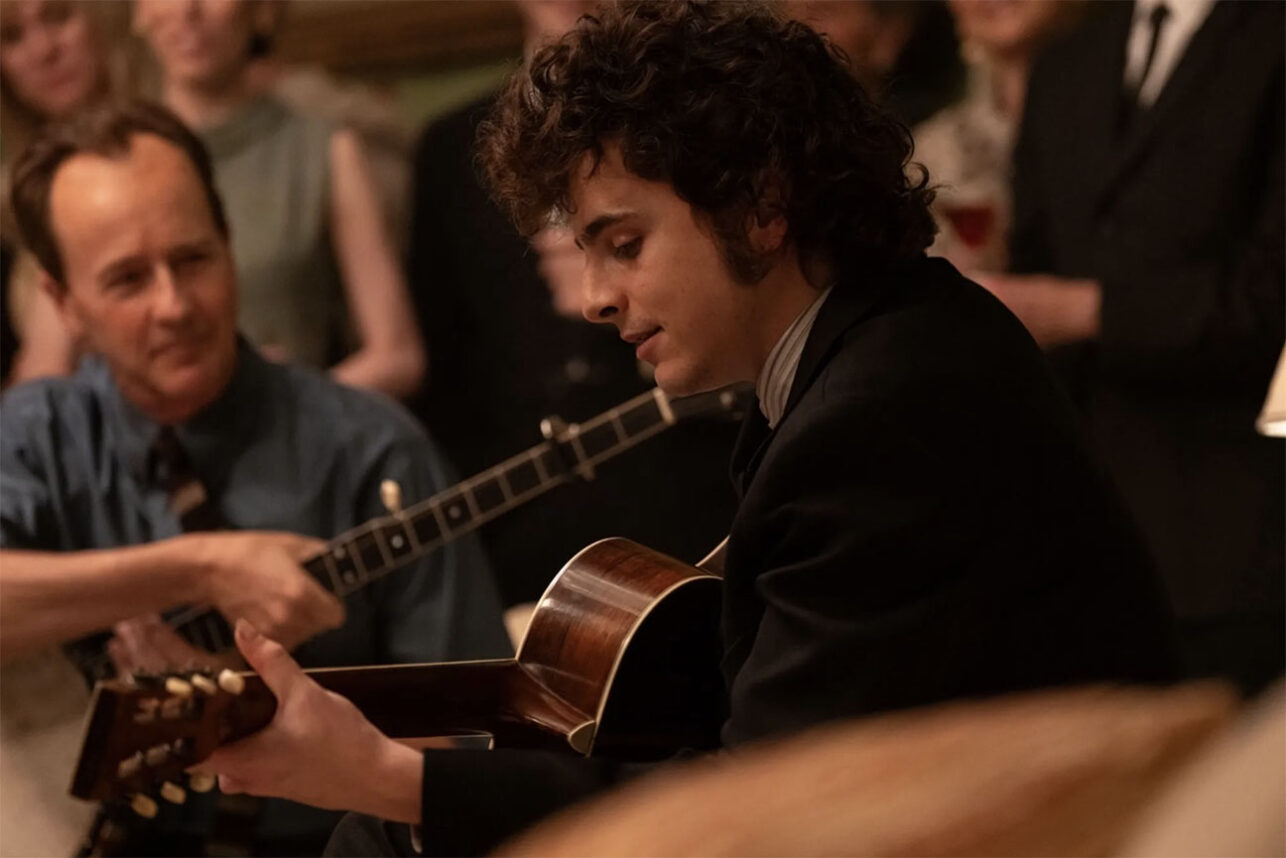
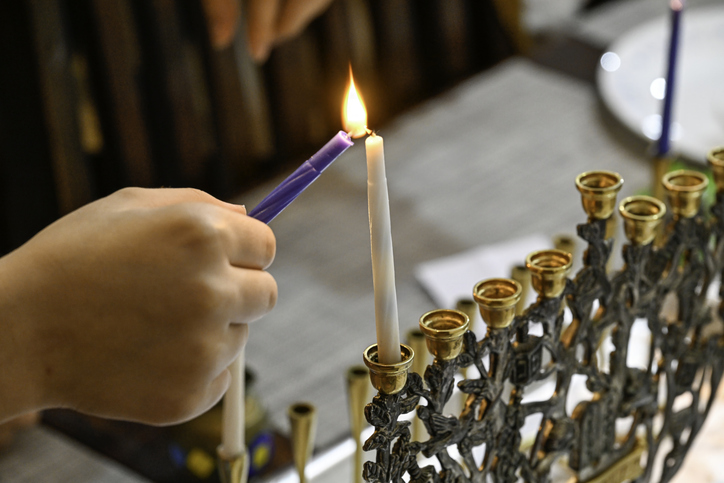

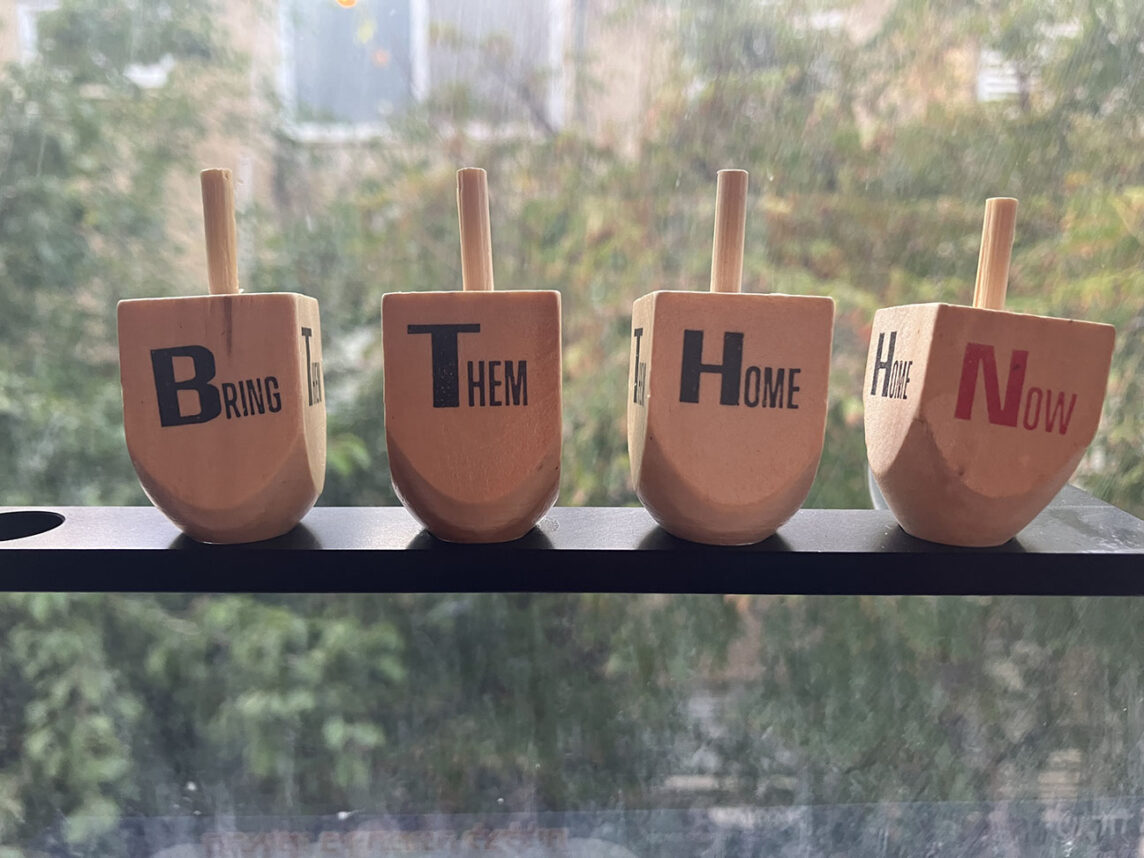
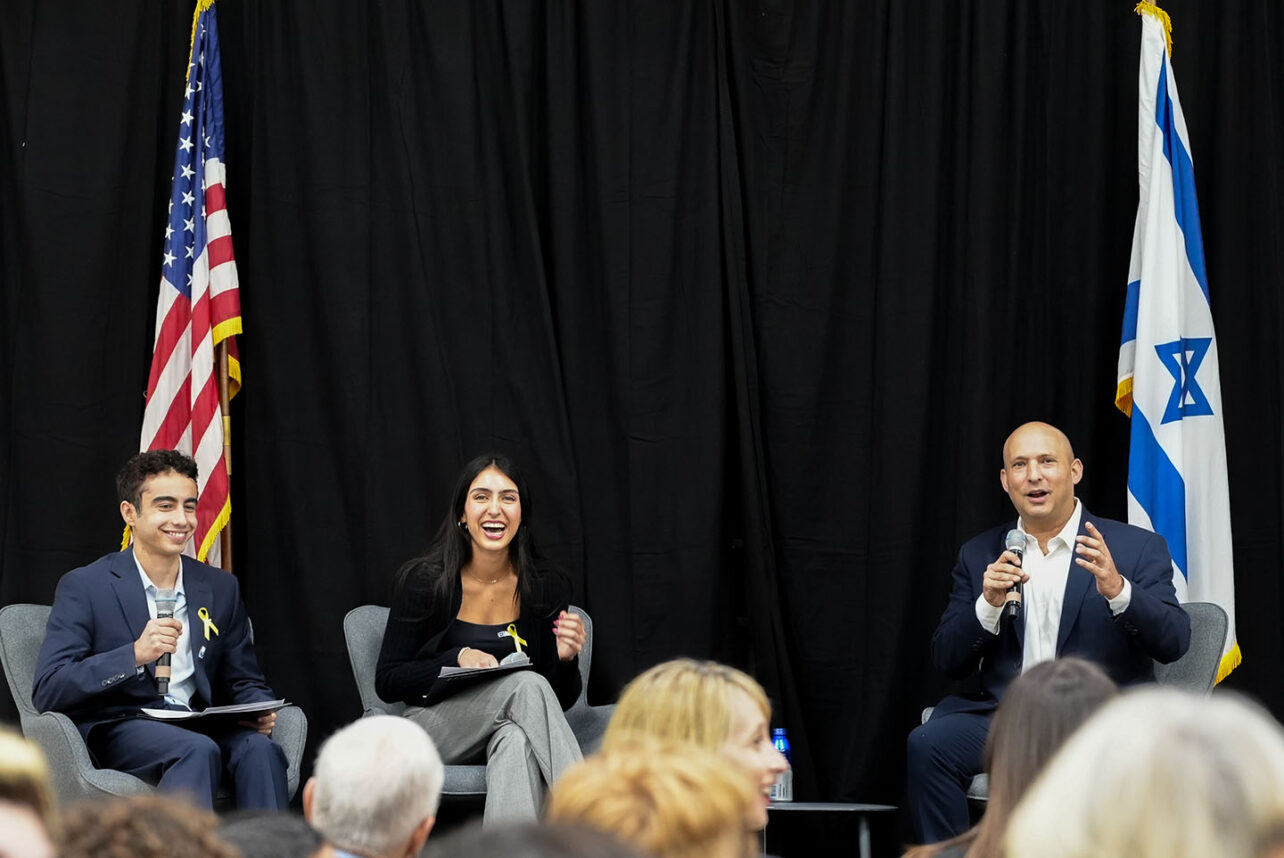
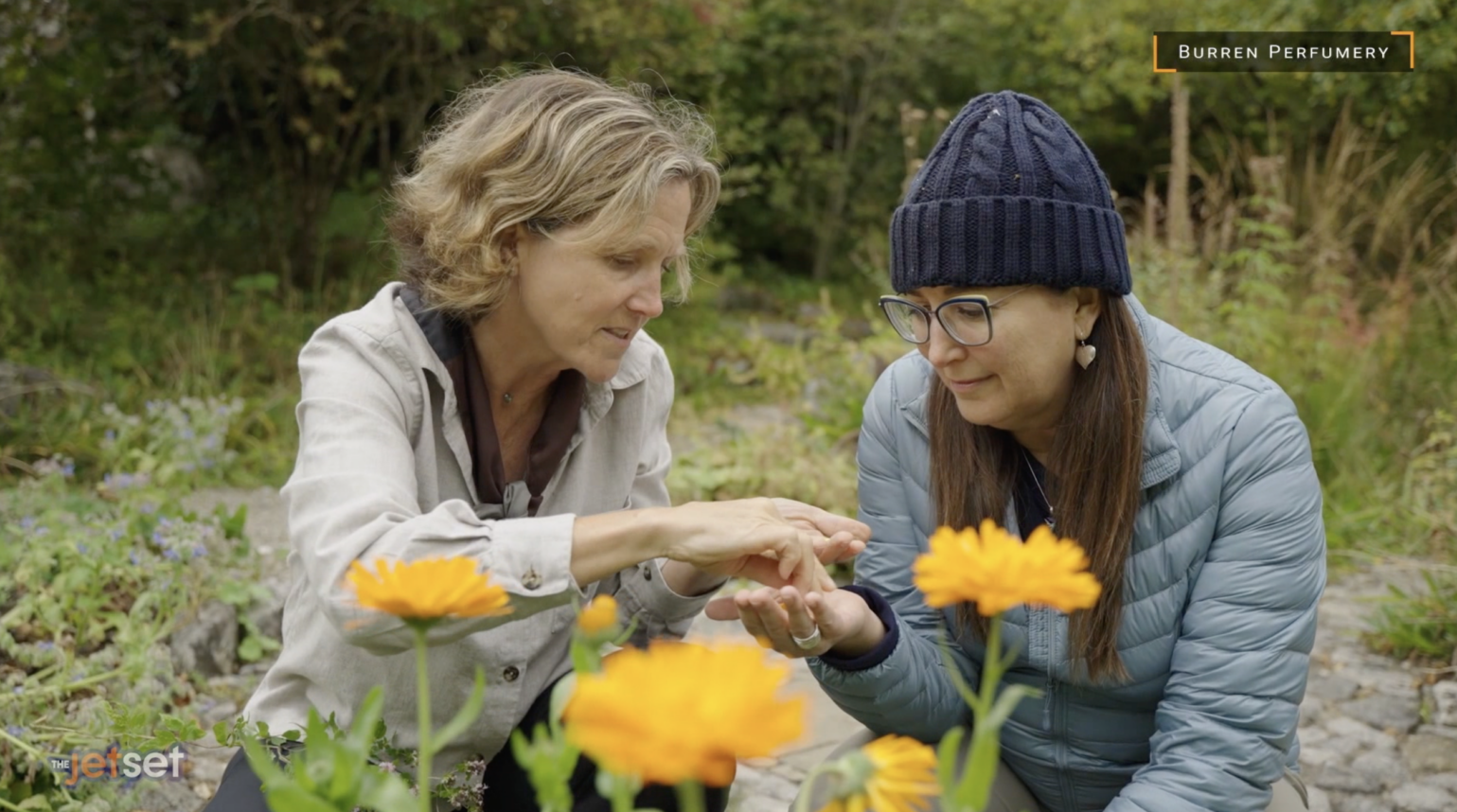






 More news and opinions than at a Shabbat dinner, right in your inbox.
More news and opinions than at a Shabbat dinner, right in your inbox.